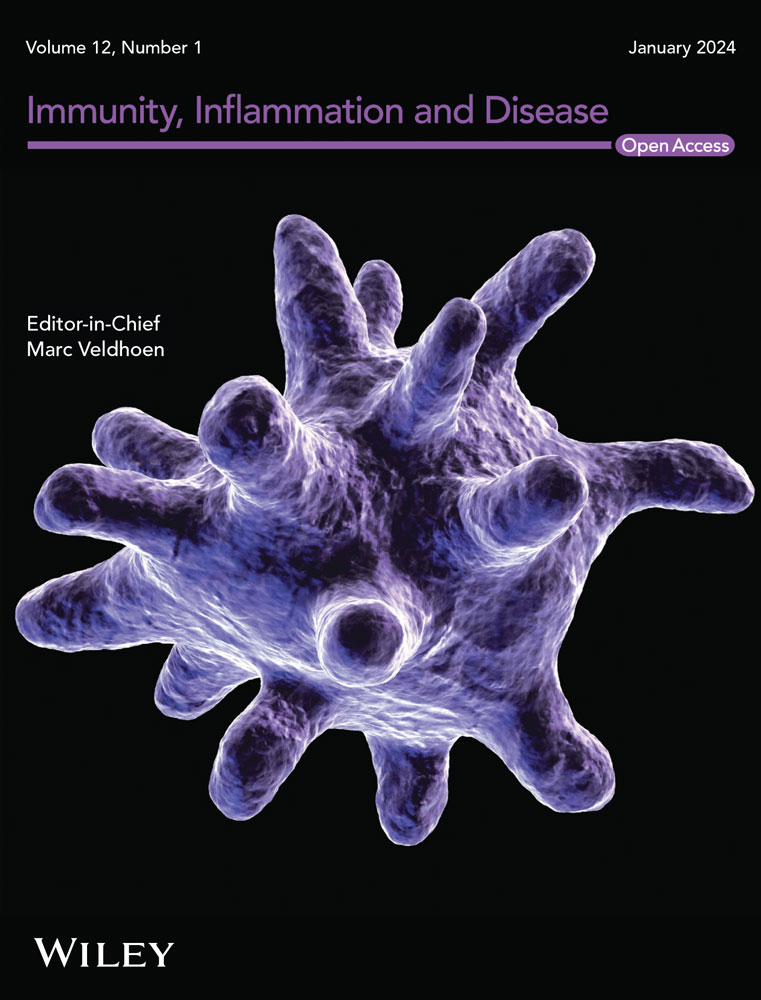The Exosomes Derived From Bone Marrow Mesenchymal Stem Cells Alleviate Inflammatory Injury in Heart Failure Disease by Enhancing the Expression of KLF4
Abstract
Objective
The aim of this study is to investigate the impact and mechanism of action of exosomes derived from bone marrow mesenchymal stem cells (BMSCs) in the treatment of heart failure (HF).
Methods
The analysis of gene sequencing data set was employed to identify potential therapeutic target proteins for HF. Subsequently, H9C2 cells and Sprague-Dawley (SD) rats were utilized as experimental models to simulate doxorubicin hydrochloride (Doxorubicin, Dox)-induced myocardial injury. This approach was employed to investigate the expression changes of inflammatory factors, including TNF-α, IL-6, IL-1β, sST2, and Gal-3, as well as the alterations in their expression following exosome treatment. Meanwhile, the mechanism of exosomes in relieving HF and inhibiting inflammation were investigated using constructed KLF 4 knockout cell lines and SD rats.
Results
BMSC-derived exosomes were capable of enhancing the expression level of KLF4 in cardiomyocytes, decreasing the expression levels of myocardial damage markers BNP and hs-TnI, as well as inflammatory factors TNF-α, IL-6, IL-1β, sST2, and Gal-3, thereby alleviating HF injury. In vitro and in vivo experiments have shown that exosomal treatment decreases the expression of BNP and hs-TnI, which are indicators of myocardial injury, along with the release of inflammatory cytokines in cardiomyocytes. Concurrently, the expression of KLF4 was downregulated, leading to a significant reduction in this physiological modulation.
Conclusion
BMSC-derived exosomes exhibit superior therapeutic potential for HF by enhancing the expression of KLF4 and mitigating inflammation in myocardial tissue.


 求助内容:
求助内容: 应助结果提醒方式:
应助结果提醒方式:


